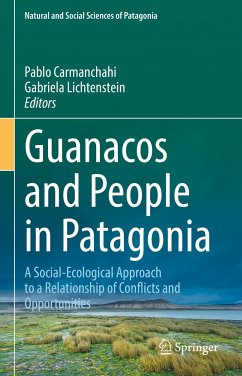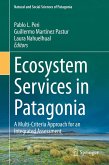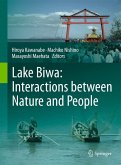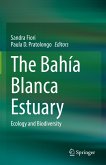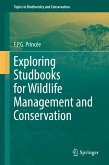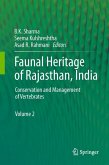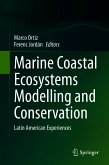This book relates one of the most representative species of Patagonian wildlife, the guanaco, to human societies across time, and explores how that relationship has changed over time due to different land uses and productive interests. The book provides information to understand these interactions, and contextualizes the current situation of this species. In some cases, it proposes possible solutions to conflicts, and also shows ongoing activities aimed at sustainable use and conservation.
The audience for this book includes researchers, graduate students, policy makers and conservation and rural development professionals. In addition, it will serve as a tool for application authorities and field technicians on the use and conservation of wildlife, to define management actions for this species.
The audience for this book includes researchers, graduate students, policy makers and conservation and rural development professionals. In addition, it will serve as a tool for application authorities and field technicians on the use and conservation of wildlife, to define management actions for this species.
Dieser Download kann aus rechtlichen Gründen nur mit Rechnungsadresse in A, B, BG, CY, CZ, D, DK, EW, E, FIN, F, GR, HR, H, IRL, I, LT, L, LR, M, NL, PL, P, R, S, SLO, SK ausgeliefert werden.

